Lesson 24 - Numbers
The Japanese number system is very easy to master once you know the basic ten numbers. The word for number is ban, so therefore, to say "what number", the word would be nanban. If you wanted to ask "What number is it?" you would say Nanban desu ka. Let's look at the numbers:
例/ゼロ rei/ZERO - 0
一 ichi - 1
二 ni - 2
三 san - 3
四 yon/shi - 4
五 go - 5
六 roku - 6
七 nana/shichi - 7
八 hachi - 8
九 kyuu/ku - 9
十 juu - 10
十一 juuichi - 11
十二 juuni - 12
十三 juusan - 13
十四 juuyon - 14
十五 juugo - 15
十六 juuroku - 16
十七 juunana - 17
十八 juuhachi - 18
十九 juukyuu/juuku - 19
二十 nijuu - 20
二十一 nijuuichi - 21
三十 sanjuu - 30
四十 yonjuu - 40
五十 gojuu - 50
百 hyaku - 100
百一 hyakuichi - 101
百十一 hyakujuuichi - 111
百二十 hyuakunijuu - 120
百二十一 hyakunijuuichi - 121
Of course, not all numbers are written here. The Japanese number system follows a pattern. Once you get to nijuuichi (21, literally 2, 10, 1), you merely replace the ichi with the other remaining numbers until you get to nijuukyuu (29, literally 2 (ni), 10 (juu), 9 (kyuu)), when you switch to sanjuu. It doesn't take long to master this pattern. After 99 comes hyaku (100).
二百 nihyaku - 200
三百 sanhyaku - 300
四百 yonhyaku - 400
五百 gohyaku - 500
Now for 600, the Japanese use a different pronunciation which is roppyaku (六百). The same goes for 800 which is happyaku (八百).
六百 roppyaku - 600
七百 nanahyaku - 700
八百 happyaku - 800
九百 kyuuhyaku/kuhyaku - 900
千 sen - 1000
万/萬 man - 10000
百万 hyakuman - 1 million
千万 senman - 10 million
億 oku - 1 billion
兆 chou - 1 trillion
You may wonder about the numbers with two names. Shi (4) is associated with death, so people prefer saying yon to shi. For 7, you would use shichi when referring to the time and the month of July. Nana is used with a counter, which will be explained later. Kyuu and ku (9) are used in different situations, but you will learn how to distinguish them later.
Japanese addition is a simple pattern. The word for "added to" is tasu. So if you were doing an equation, such as "3 + 7 = 10", you would say San tasu nana wa juu desu, which would directly translate to "3 added to 7 is 10".
Try doing some simple math exercises to help with your memorization of the numbers.
| Japanese | Romaji | English |
|---|---|---|
| 何番 | Nanban | What number |
| 足す | Tasu | Added to ( + ) |
